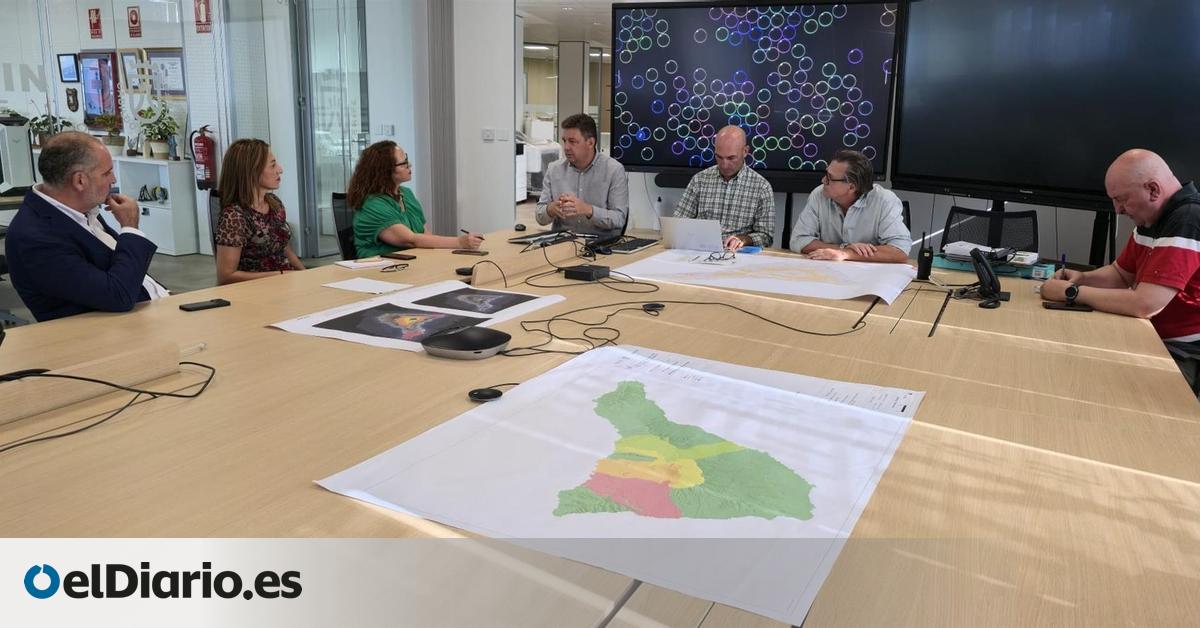The Teguise Town Council has announced the conclusion of the 2025 archaeological excavation campaign at the El Bebedero site, a key location in the prehistory of the Canary Islands that continues to yield significant discoveries related to the indigenous past of Lanzarote.
The project, led by Professor of Prehistory at ULPGC, Pablo Atoche, and archaeologist Mª Ángeles Ramírez, has once again received support from the council through a grant to the University Foundation of Las Palmas, alongside the voluntary collaboration of a multidisciplinary team of researchers.
The Mayor of Teguise, Olivia Duque, emphasised the importance of this work. “El Bebedero continues to demonstrate its value as a unique site in the Canaries, capable of providing new pieces to reconstruct our oldest history. The Town Council will continue to support such research, as investing in heritage is investing in identity and the future,” she stated.
Meanwhile, the Councillor for Historical Heritage, Mar Boronat, highlighted the municipality’s role in preserving cultural legacy. “Thanks to the ongoing excavations, we can provide the community and future generations with a more rigorous understanding of our ancestors’ lives. It is a source of pride for Teguise to be a reference point in archaeological matters across the Archipelago,” she noted.
Among the key findings from this campaign are the exhumation of a double chamber used for the processing of sheep and goat skins, various hydraulic structures for collecting and storing water, and several polished basalt stelae, one of which is anthropomorphic. These reflect the high level of adaptation and cultural richness of the indigenous community that inhabited the island between the 1st century BC and the 4th century AD.
Additional discoveries include high-quality indigenous pottery, personal adornments crafted from shells, tools made from bone, and fragments of Roman amphorae, evidencing the relationship between the ancient inhabitants of Lanzarote and Mediterranean sailors.
A Key Site
After more than four decades of systematic research, the El Bebedero and Buenavista sites remain pivotal for understanding the origins of the Canary Islands, revealing the complex interactions between indigenous peoples and Mediterranean cultures.
The Teguise Town Council expresses its gratitude to the research team and reaffirms its commitment to continue collaborating in disseminating this heritage through guided tours, lectures, publications, and educational activities, thus bringing the rich history of Lanzarote closer to the community.














